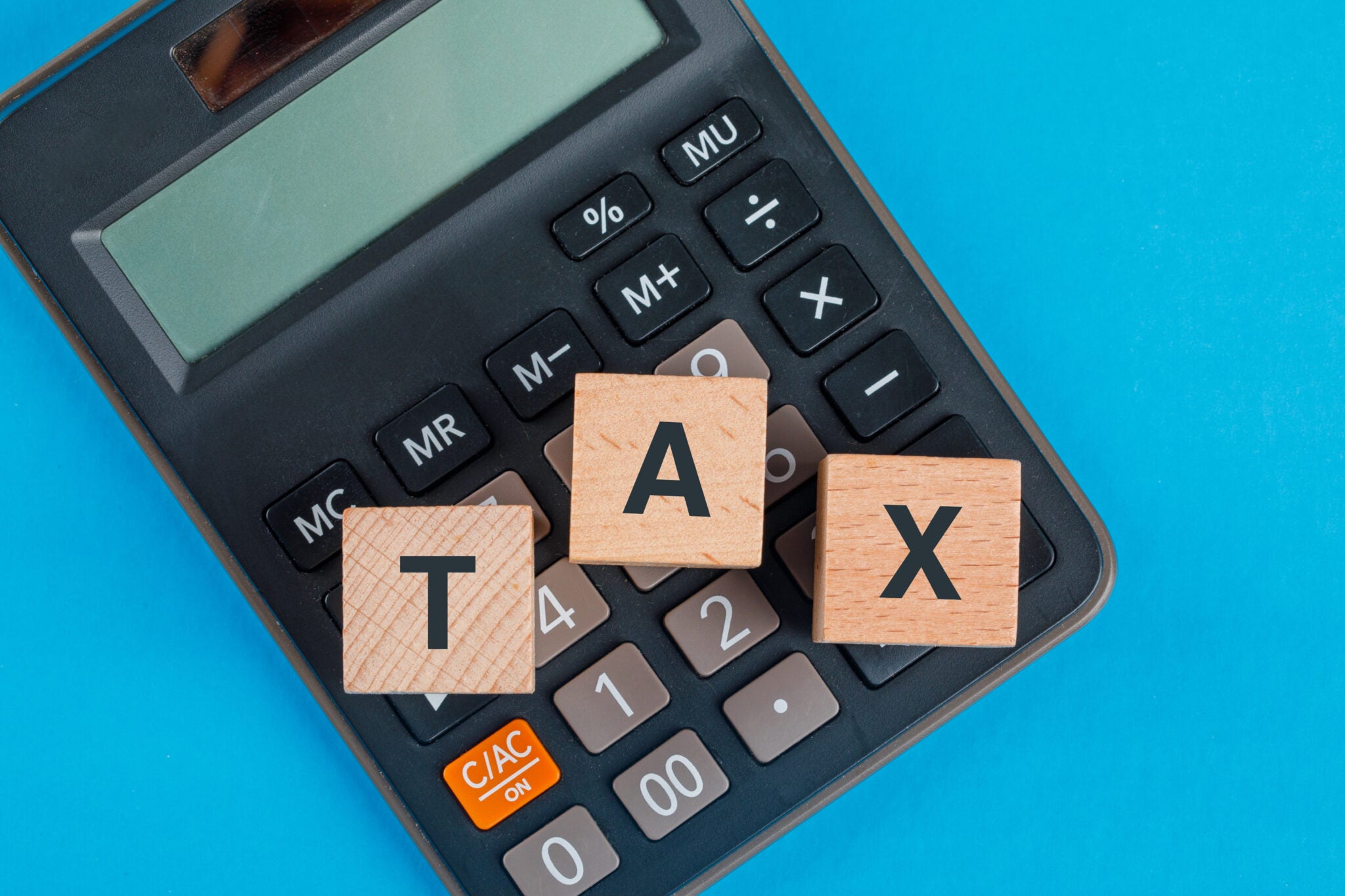
Amazon FBA Seller Taxes: What You Need to Know in 2024
Introduction
Navigating taxes is a critical aspect of running a successful Amazon FBA business. For Amazon FBA sellers, understanding the tax landscape in 2024 is key to avoiding costly penalties and ensuring compliance with state, federal, and international tax laws. In this guide, we’ll cover the essential Amazon FBA seller tax obligations, including federal and state income taxes, sales tax collection, and the deductions that can significantly impact your taxable income. Whether you’re just starting out or an established Amazon FBA seller, this comprehensive overview will help you stay compliant and make the most of potential tax savings in the coming year.
Overview of Amazon FBA Seller Tax Obligations
What Taxes Do Amazon FBA Sellers Pay?
Amazon FBA sellers are subject to several types of taxes. The primary ones include:
- Income Tax: Amazon FBA earnings are considered taxable income, and the IRS requires all income to be reported.
- Sales Tax: Many states require Amazon FBA sellers to collect sales tax on transactions with residents of those states.
- Self-Employment Tax (for sole proprietors): If you’re operating as a sole proprietor, you may need to account for self-employment taxes on top of regular income tax.
Understanding the basic structure of Amazon FBA seller taxes will help you effectively manage your obligations and avoid surprises during tax season.
Federal Tax Obligations
Federal income tax applies to Amazon FBA earnings, and all income from sales should be reported to the IRS. Here are key points to consider:
- Reporting Income: Amazon typically issues a 1099-K form to sellers with gross sales exceeding the IRS threshold (currently $600). This form reports total income but doesn’t account for business expenses, so you’ll need to track expenses separately.
- Tax Deadlines: Federal tax returns are due on April 15, and if you’re required to pay estimated taxes, these are due quarterly.
- Deductions: Amazon FBA sellers can often reduce taxable income by claiming deductions like inventory costs, advertising fees, and storage costs.
State Tax Requirements
State sales tax is often complex for Amazon FBA sellers due to varying state laws. Here’s what you should know:
- Sales Tax Nexus: Nexus determines whether you’re responsible for sales tax in a particular state. Physical presence, economic activity, or using Amazon warehouses in a state can establish a nexus.
- Marketplace Facilitator Laws: In many states, Amazon is responsible for collecting and remitting sales tax on your behalf. However, some states require you to register or file additional reports.
Being informed about Amazon FBA seller taxes at the state level is essential, especially since these requirements can change annually.
Understanding Sales Tax for Amazon FBA
Sales Tax Nexus
The concept of nexus is crucial for Amazon FBA sellers when determining sales tax responsibilities. Nexus is typically established in two main ways:
- Physical Nexus: Having a physical presence in a state, such as storing inventory in an Amazon fulfillment center, establishes a physical nexus.
- Economic Nexus: Some states impose sales tax on sellers based on their economic activity within the state. If your sales exceed a state’s economic threshold, you’ll need to collect and remit sales tax there.
For Amazon FBA sellers, tracking where inventory is stored and understanding nexus laws for each state is essential.
How Amazon Collects Sales Tax on Behalf of Sellers
Under marketplace facilitator laws, Amazon collects and remits sales tax on behalf of its sellers in most states. While this simplifies the tax process for many Amazon FBA sellers, you should still:
- Register for Sales Tax Permits: In certain cases, you may still need to register in states where you have nexus, even if Amazon collects tax on your behalf.
- File Sales Tax Returns: Some states require regular sales tax returns, even if Amazon handles the collection. Understanding your obligations as an Amazon FBA seller can help you avoid penalties and stay compliant.
Income Tax Considerations for FBA Sellers
How to Report Amazon FBA Income
Amazon FBA income must be reported to the IRS as part of your total taxable income. Here are some reporting essentials:
- 1099-K Form: If your gross sales meet IRS thresholds, Amazon will provide a 1099-K form that reports your total revenue. However, it’s crucial to account for all business expenses separately to determine net income.
- Schedule C: If you’re a sole proprietor, file a Schedule C to report your Amazon FBA income and expenses. For partnerships or corporations, different tax forms apply.
Key Deductions for Amazon FBA Sellers
Tax deductions are vital for Amazon FBA sellers because they reduce your taxable income. Common deductions include:
- Cost of Goods Sold (COGS): Inventory and product costs are deductible expenses.
- Business Expenses: Advertising, shipping, and storage fees are also deductible.
- Home Office: If you use a dedicated space in your home exclusively for managing your FBA business, you may qualify for a home office deduction.
Quarterly Estimated Taxes
Amazon FBA sellers who anticipate owing more than $1,000 in taxes may need to make quarterly estimated tax payments. Estimated payments are due on the 15th of April, June, September, and January. Making these payments ensures that you avoid underpayment penalties and remain current on your tax obligations.
Tax Deductions and Strategies for Amazon FBA Sellers
Deductions for Reducing Taxable Income
The IRS allows Amazon FBA sellers to deduct many costs directly related to running their business. Examples include:
- Shipping and Fulfillment Fees: Costs associated with shipping and Amazon’s fulfillment services are deductible.
- Marketing and Advertising: If you advertise your products on Amazon or other platforms, these expenses reduce taxable income.
- Office Supplies and Software: Anything you buy for business operations, such as accounting software or office supplies, can often be deducted.
Recordkeeping Best Practices
To ensure that deductions are valid, Amazon FBA sellers should maintain accurate records. Recommended practices include:
- Use Accounting Software: Track expenses and income in a digital format for easy reporting.
- Keep Receipts: Retain receipts and records for at least three years in case of an IRS audit.
Proper recordkeeping ensures you can fully benefit from deductions and tax credits while keeping your Amazon FBA seller taxes in compliance with IRS standards.
International Considerations for Amazon FBA Sellers
Selling to Customers Outside the U.S.
Expanding to international markets is an exciting growth opportunity for Amazon FBA sellers, but it brings additional tax considerations. Some of the main points to consider include:
- VAT (Value-Added Tax) and GST (Goods and Services Tax): Countries such as those in the European Union and Canada impose VAT or GST on imported goods. Amazon FBA sellers may need to register for these taxes and charge them on applicable sales.
- Import Duties: Importing products to foreign customers or storing inventory in Amazon’s international warehouses could trigger import duties. These vary by country and product type, so it’s essential to understand the tax rates in each market you enter.
Understanding the requirements for VAT and GST is crucial for Amazon FBA sellers to avoid double taxation and stay compliant with each country’s rules.
Shipping Inventory to Amazon Warehouses Abroad
Amazon FBA sellers who ship inventory to Amazon warehouses in countries like Canada or those in the EU should be aware of additional taxes and their liabilities. Here’s what you should know:
- Permanent Establishment: Shipping inventory abroad could create a “permanent establishment,” making your business liable for income tax in that country.
- Tax Registration Requirements: Some countries require foreign sellers to register for tax purposes, even if Amazon acts as the marketplace facilitator. This registration may involve regular filings and tax payments.
While Amazon simplifies many aspects of international sales, understanding the specific tax requirements of each country is essential to avoid unexpected tax obligations and ensure your business remains constant and safe.
Conclusion
Amazon FBA seller taxes can be complex, with a mix of federal, state, and international obligations. As you navigate tax season in 2024, it’s important to understand your tax responsibilities fully—from income and sales tax requirements to available deductions that reduce your taxable income. Staying compliant not only avoids penalties but can also position your business for growth, helping you maximize profits and reinvest in your Amazon FBA business.
For Amazon FBA sellers, taking the time to understand these tax obligations and seeking professional advice when needed can make all the difference. Remember to maintain accurate records, stay up-to-date on state nexus laws, and review your international tax obligations if you’re selling across borders. Tax compliance is a year-round endeavor, but the effort can lead to smoother, more profitable operations for your Amazon FBA business.
FAQs:
1. Do Amazon FBA sellers need to file sales tax in every state?
No, you only need to file in states where you have sales tax nexus, typically based on economic thresholds or physical presence.
2. Is Amazon responsible for collecting sales tax on my behalf?
In many states, Amazon, as a marketplace facilitator, collects sales tax for you. However, in some cases, you may still need to register or file reports.
3. What forms do I need to file for income tax on my Amazon FBA earnings?
You will typically file using the 1099-K form from Amazon if your earnings meet reporting thresholds, and report business income on Schedule C for sole proprietors.
4. Are there tax deductions Amazon FBA sellers can claim?
Yes, deductions include inventory costs, shipping fees, home office expenses, advertising, and other business-related costs.
5. How do I handle taxes if I sell to customers outside the United States?
For international sales, you may need to handle VAT or GST depending on the country, and some tax obligations may apply if you ship products from warehouses located abroad.




